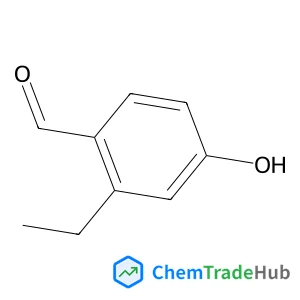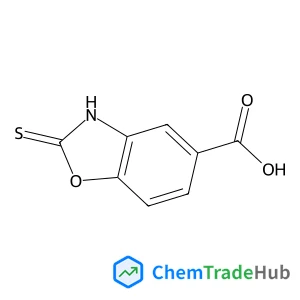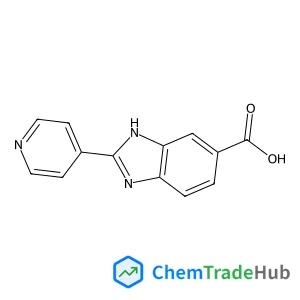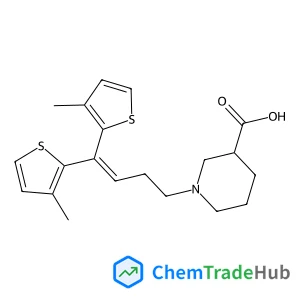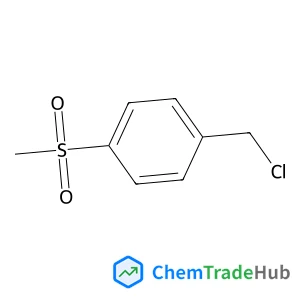Adaptive carbonyl umpolung involving a carbanionic carbene Breslow intermediate: an alternative mechanism for NHC-mediated organocatalysis
文献情報
Rinat R. Aysin
Herein, we propose a novel mechanistic model for NHC-mediated carbonyl umpolung which involves the formation of a carbanionic carbene Breslow intermediate (CCBI). We have demonstrated theoretically that this reactive intermediate can be formed by inserting an aldehyde into the C4–H position of an N-aryl-substituted imidazolium-derived NHC via the generation of an H-bonded ditopic carbanionic NHC (dcNHC). Our DFT study on benzoin condensation has revealed that the mechanism of polarity inversion proceeding through the CCBI may be more energetically favorable than the classical mechanism of umpolung that uses the C2 carbene position in NHC. The potential existence of the CCBI highlights the dynamic and adaptive nature of NHC-mediated organocatalysis, particularly in relation to carbonyl umpolung. This finding also sheds light on new pathways in organocatalytic transformations employing the ambident reactivity of NHC, which may be particularly attractive for reactions involving furanic aldehydes and sterically encumbered N-aryl-substituted carbenes.
関連文献
IF 6.367
An aminophosphonate ester ligand-containing platinum(ii) complex induces potent immunogenic cell death in vitro and elicits effective anti-tumour immune responses in vivoIF 6.222
An overview of latest advances in exploring bioactive peptide hydrogels for neural tissue engineeringIF 6.843
Enhanced activity of catalysts on substrates with surface protonic current in an electrical field – a reviewIF 6.222
Developing a novel high performance NaNbO3-based lead-free dielectric capacitor for energy storage applicationsIF 6.367
Catalogue of self-targeting nano-medical inventions to accelerate clinical trialsIF 6.843
Transition metal chemistry in synthetically viable alkaline earth complexes M(Cp)3− (M = Ca, Sr, Ba)IF 6.222
Inside back coverIF 6.222
A robust multifunctional ligand-controlled palladium-catalyzed carbonylation reaction in waterIF 6.222
Contents listIF 6.222
掲載誌
Organic & Biomolecular Chemistry
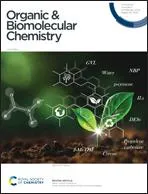
Organic & Biomolecular Chemistry (OBC) publishes original and high impact research and reviews in organic chemistry. We welcome research that shows new or significantly improved protocols or methodologies in total synthesis, synthetic methodology or physical and theoretical organic chemistry as well as research that shows a significant advance in the organic chemistry or molecular design aspects of chemical biology, catalysis, supramolecular and macromolecular chemistry, theoretical chemistry, mechanism-oriented physical organic chemistry, medicinal chemistry or natural products. Articles published in the journal should report new work which makes a highly-significant impact in the field. Routine and incremental work is generally not suitable for publication in the journal. More details about key areas of our scope are below. In all cases authors should include in their article clear rationale for why their research has been carried out.
おすすめサプライヤー
 ABB AG
ABB AG Jiangsu Ruijia Jidu Shibei Zhi Gongsi
Jiangsu Ruijia Jidu Shibei Zhi Gongsi 山東平原四環薬業有限公司
山東平原四環薬業有限公司 ボッシュRexroth AG
ボッシュRexroth AG Geveke Klimaattechniek bv
Geveke Klimaattechniek bv ポリシウス AG
ポリシウス AG ジャンティ・インダストリーズ株式会社
ジャンティ・インダストリーズ株式会社 太仓藍涸化學有限公司
太仓藍涸化學有限公司 武汉顺源昇バイオメディカルテクノロジーコーポレーション
武汉顺源昇バイオメディカルテクノロジーコーポレーション J ü ke Systemtechnik GmbH
J ü ke Systemtechnik GmbH










